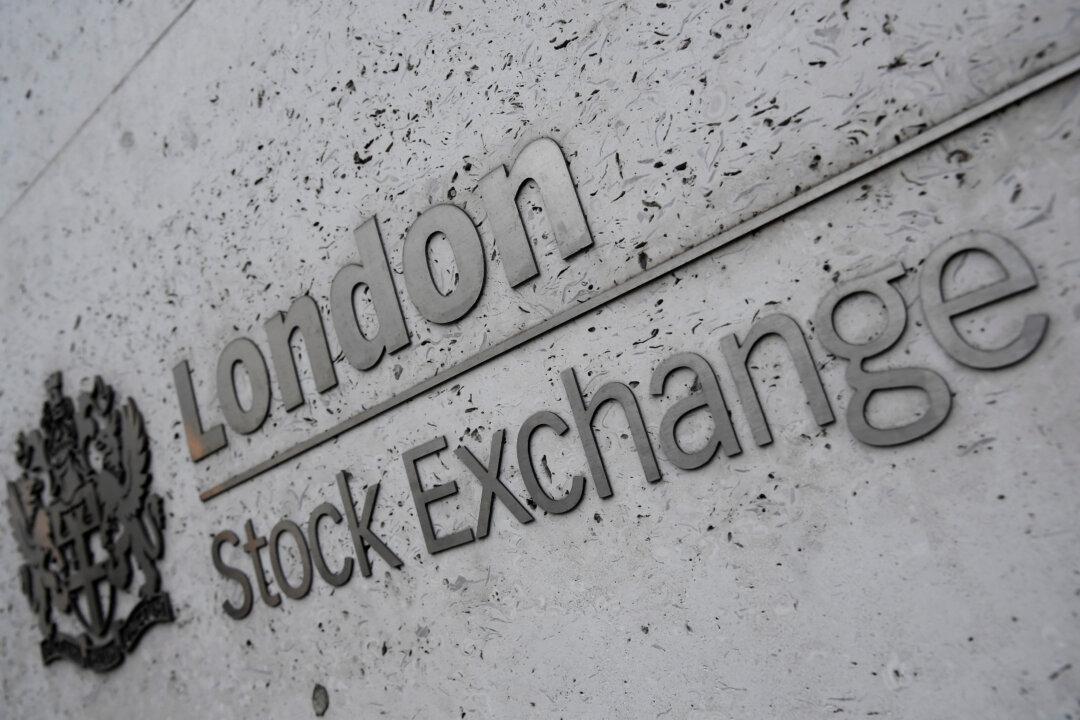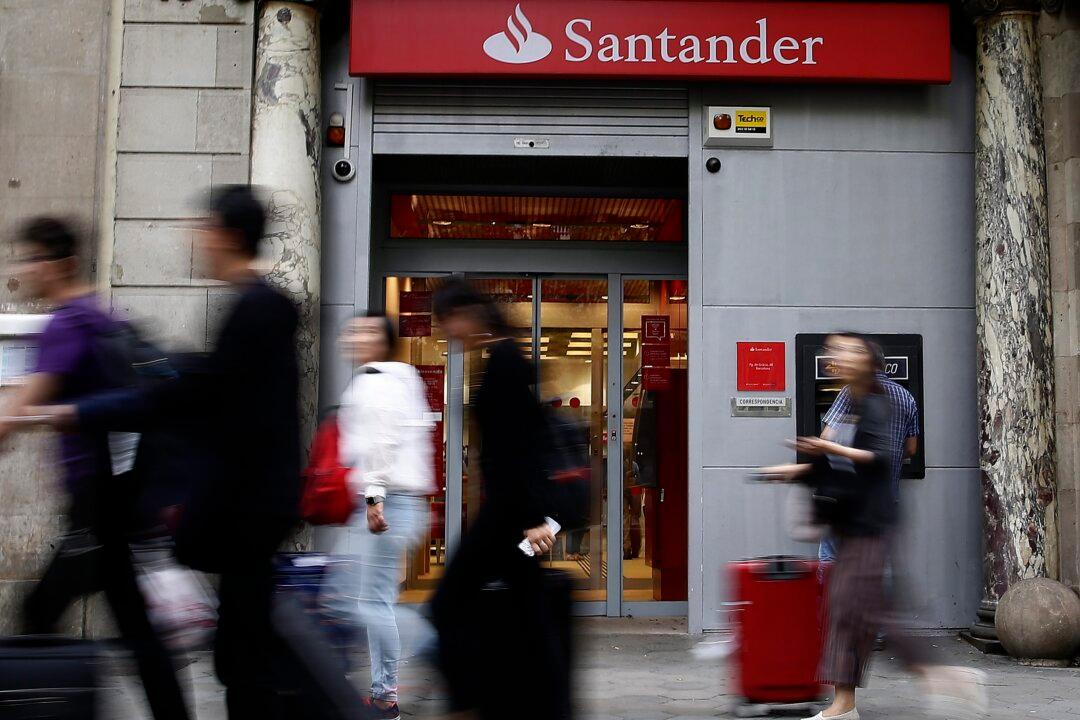While the UK public was focused on Huawei’s involvement in the country’s 5G project, the Chinese regime quietly raised close to $2 billion on the London Stock Exchange last month, through a special listing programme between London and Shanghai.
More listings are expected to take place in the coming months.




